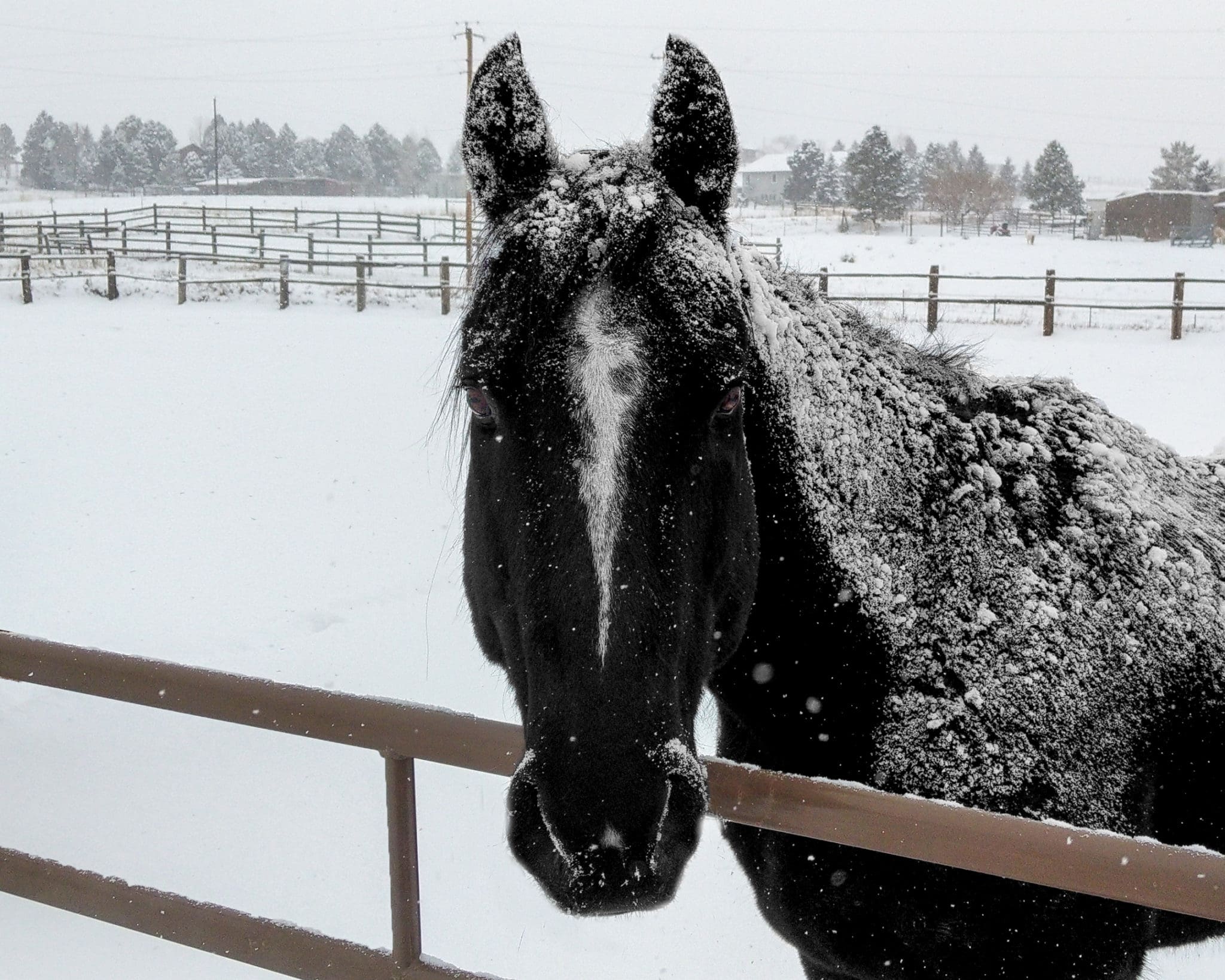FOR IMMEDIATE RELEASE
www.GettyEquineNutrition.com
February 23, 2016
What is “Vegetable” Oil?
by Juliet M. Getty, Ph.D.
The ingredient list is your most important source of information when evaluating a feed or supplement for your horse. Items within the ingredient list must be presented in a certain order. According to the Association of American Feed Control Officials (AAFCO), the ingredient with the highest percentage of total weight must be listed first with all ingredients listed in descending order. However, under certain conditions, the manufacturer may list ingredients alphabetically, making it difficult to interpret concentrations. Also, feed items are often clumped together in one term.
This is typically the case with added fat. Many manufacturers will list fat content simply as “vegetable oil,” leaving you, the consumer, with absolutely no idea of the source. The only thing this tells you is that the fat is not of animal origin. But there are many vegetable oils available — the most commonly added ones are soybean, corn, and coconut oils. The majority of fatty acids in soybean and corn oils are in the omega 6 variety, which is inflammatory in high amounts when not balanced with omega 3s. Coconut oil does not contain any appreciable omega 3s or 6s, but it is easy to handle because it is solid (due to its highly saturated chemistry); however, research is unclear about whether it is safe for long-term consumption.
Ultimately, it is your responsibility to know what is in your horse’s feed. Call the manufacturer for clarification. Don’t guess when it comes to your horse’s health.
________________________________________________
Permission to reprint this article is granted, provided attribution is given to Juliet M. Getty, Ph.D. No editorial changes may be made without her permission. Dr. Getty appreciates being notified of any publication.
Juliet M. Getty, Ph.D. is an independent equine nutritionist with a wide U.S. and international following. Her research-based approach optimizes equine health by aligning physiology and instincts with correct feeding and nutrition practices.
Dr. Getty’s comprehensive resource book, Feed Your Horse Like a Horse, is available at www.GettyEquineNutrition.com — buy it there and have it inscribed by the author, or get it at Amazon (www.Amazon.com) or other online retail bookstores. The seven separate volumes in Dr. Getty’s topic-centered “Spotlight on Equine Nutrition” series are available with special package pricing at her website, and also at Amazon in print and Kindle versions. Dr. Getty’s books make ideal gifts for equestrians.
Find a world of useful information for the horseperson at www.GettyEquineNutrition.com: Sign up for Dr. Getty’s informative, free e-newsletter, Forage for Thought; browse her library of reference articles; search her nutrition forum; and purchase recordings of her educational teleseminars. Reach Dr. Getty directly at gettyequinenutrition@gmail.com. She is available for private consultations and speaking engagements.
________________________________________
AHP has not verified the factual statements in any message and AHP assumes no responsibility for the contents of, or any damage resulting from, any communication in the Newsgroup. Publication in the AHP Newsgroup is not an endorsement by the organization of any product, person, or policy. Complaints or concerns about the content of AHP Newsgroup postings should be directed to the originating individual or organization and not to AHP, which cannot resolve disputes arising between members. Complaints of copyright or trademark infringement may be addressed to the Executive Director.
Members may unsubscribe to the AHP Newsgroup at any time by sending an e-mail message to Chris at ahorsepubs@aol.com requesting to remove your e-mail address from the list. By doing this you will remove your name from receiving all future messages sent to the AHP-LIST until you contact us to re-subscribe.

